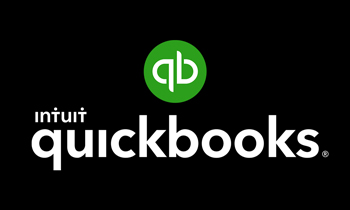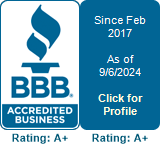Yes, You Can Still Buy Savings Bonds
Submitted by UDALL CPA Group on July 10th, 2018We all remember savings bonds. Once a popular gift for young children, parents could secure the bonds knowing that they could cash them out in the future.
At that time, savings bonds were typically purchased through an employer or a local financial institution. What made them particularly appealing was the ability to purchase a $50.00 savings bond for $25.00. The idea was to hold onto the bond until maturity, where the bond could be redeemed at face value, plus any interest accrued.
Though the opportunity to purchase a savings bond at half its face value is no longer offered by the U.S. Treasury, you can still purchase savings bonds. The big question is, are they worth it?
Most financial experts would say yes. And while you won’t get rich by investing in savings bonds, there are several advantages to including them in your current investment portfolio. First, they’re risk-free, backed by the federal government, so you’ll never have to worry about being upside down investing in savings bonds. Once purchased, the bonds continue to accrue interest each year, but the interest is not paid out until the bond reaches maturity, or the bond is redeemed. The bonds themselves are considered non-transferrable, so while you can cash them in at any time, you can’t sell the bonds purchased to someone else. They also offer a low investment point, with $25.00 buying a savings bond. Another benefit is that they are exempt from both state and local tax, and there is no federal income tax due on interest accrued until the bond is redeemed or matures.
There are currently two types of savings bonds available for purchase today:
Series EE Bonds – Paper Series EE Bonds can no longer be purchased, so anyone who wishes to purchase Series EE Bonds will have to do so online. Series EE bonds are purchased at face value, with the minimum bond amount set at $25.00 and the maximum annual purchase amount of $10,000. Series EE bonds earn a fixed rate of interest for as long as the bond is held.
Series I Bonds – Similar to Series EE bonds, I Bonds offers a variable interest rate that is a combination of a fixed rate and an inflation rate. Like Series EE Bonds, I Bonds are also purchased at face value with the same basic restrictions on cashing in the bond. Another benefit of I-Bonds is if they are used for college tuition, they become tax free, as long as the bond was purchased in the parent’s and not the child’s name.
While savings bonds are not for everyone, they can be a solid part of any savings portfolio. If interested in purchasing savings bonds, it’s important to remember that any bond purchased will need to be held for at least a year prior to redeeming, and if redeemed within five years of purchase, bond holders will sacrifice the last three months of interest.
Clearly a good strategy for the long term, savings bonds remain a steadfast, if low-return investment that remains open to just about anyone.
Resources
https://www.bankrate.com/investing/should-you-buy-us-savings-bonds/
https://www.fool.com/investing/general/2015/04/15/how-do-savings-bonds-work.aspx
*This content is developed from sources believed to be providing accurate information. The information provided is not written or intended as tax or legal advice and may not be relied on for purposes of avoiding any Federal tax penalties. Individuals are encouraged to seek advice from their own tax or legal counsel. Individuals involved in the estate planning process should work with an estate planning team, including their own personal legal or tax counsel. Neither the information presented nor any opinion expressed constitutes a representation by us of a specific investment or the purchase or sale of any securities. Asset allocation and diversification do not ensure a profit or protect against loss in declining markets. This material was developed and produced by Advisor Websites to provide information on a topic that may be of interest. Copyright 2014-2018 Advisor Websites.



